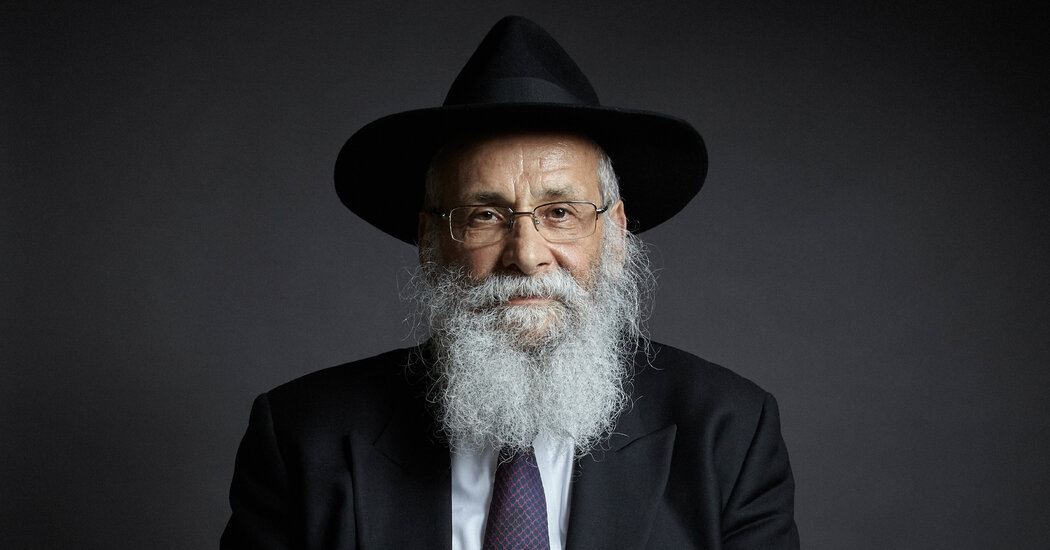
A charismatic figure in the Chabad-Lubavitch movement, he opened a synagogue in South Florida, unifying the Jewish community there, and founded the Aleph Institute.
Rabbi Sholom B. Lipskar, a charismatic and visionary figure in the Chabad-Lubavitch Hasidic movement who helped transform South Florida into a vibrant center of Jewish life and founded a national organization that supports Jews in prison and the military, died on May 3 in Miami. He was 78.
The cause of his death, in a hospital, was heart failure, said Rabbi Zalman Shmotkin, a spokesman for the Chabad-Lubavitch movement.
Rabbi Lipskar, the son of Soviet exiles who smuggled him across the border in a suitcase, was sent to Miami in 1969 by Rabbi Menachem M. Schneerson, the Lubavitcher rebbe and one of the most influential Jewish leaders of the 20th century.
At the time, the Jewish community in Miami consisted primarily of affluent retirees who were not particularly religious. The city also still had neighborhoods that enforced restrictions about where Jews could own property. Rabbi Schneerson saw a different future for South Florida: as a thriving showcase for American Jewry, especially for Jews emigrating from Latin America.
Rabbi Lipskar’s first rabbinical role in Miami was as principal of a Jewish day school. In 1974, with help from his wife, Chani, he created the Landow Yeshiva‑Lubavitch Educational Center, which offered classes for students in preschool through high school. In 1981, he opened his own synagogue, the Shul, in the basement shopping arcade of the Beau Rivage hotel in Bal Harbour.
On Tuesday evenings, he offered free lectures on Judaism — a mix of stories from the Torah and discussions of Rabbi Schneerson’s insights into its applications to modern life. Rabbi Lipskar’s talks initially drew fewer than a dozen people, but within a year, hundreds of Jews began showing up.
This post was originally published on this site be sure to check out more of their content.








